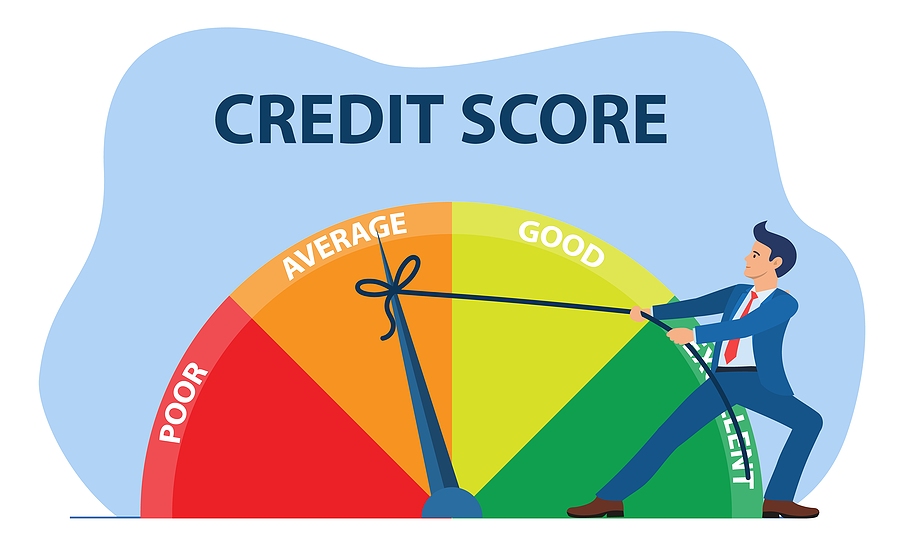
Maintaining a good credit score is important, your credit score can determine your eligibility for loans and the rates you receive, utility services, insurance rates and more.
When you understand what elements go into determining your score you can take steps to protect your credit and maintain a good score.
What is Included in Determining Your Score
Payment History
Your payment history shows whether you’ve consistently made on time payments. This helps lenders determine the amount of risk involved when extending credit. This is the most important factor in determining your score.
Credit Utilization
Credit utilization measures how much credit you are using compared to your total available credit. Lenders look at this number to find out how much you are relying on credit. The lower the number the better. Most financial experts recommend that you keep your utilization below 30% but 0% is ideal, you can accomplish this by paying your balances in full every month by the due date.
Credit Age
This is the length of your total credit history, having long-standing accounts is beneficial. This is one reason most financial experts recommend you keep old credit card accounts open even if you don’t use them often, another reason not to close old accounts is because it can temporarily lower your credit score.
New Accounts & Credit Checks
When you apply for a new line of credit your credit is pulled to determine your eligibility. There are hard and soft inquiries. Hard inquiries typically occur when a financial institution checks your credit when making a lending decision, for example when applying for a mortgage, loan or credit card, while one hard inquiry may not have a huge impact on your credit score having multiple hard inquiries close together can lower your score significantly. Soft inquiries are typically used for things like employment, rental housing, and pre-approved loan and credit card offers, they do not have a negative impact on your score.
Credit Mix
Credit mix is used in determining your credit score, having a good mix of credit with accounts that are in good standing is beneficial, this can include credit cards, home and auto loans, and personal loans. A diverse credit mix tells lenders that you have been able to manage different types of credit accounts responsibly over time.
What is Not Included in Determining Your Score
Employment History
Employment history can show up on your credit report, but it is not used to calculate your credit score. Although employment history and your time on the job can have an impact on determining your eligibility for lines of credit.
Interest Rates on Debt
The interest rates you are paying on debt are not a factor in determining your score and is not part of your credit report.
Bank Account Balance
Your bank account balance is not part of your credit report, nor does it impact your credit score.
Your Income
Your income and net worth are not part of your credit report.
Public Records (Except Bankruptcy)
In the past some public records may have shown up on your credit report but that is no longer true. Since the National Consumer Assistance Plan went into effect in 2017, public records must meet stringent requirements to appear on consumer credit reports, previously civil judgements and tax liens could be included on credit reports but they do not meet these new requirements, so they were removed. Bankruptcy is the only information from the public record that is included in your credit report.
Personal Information
Your credit report does include some personal information such as your name and any names you have used in the past, date of birth, current and past addresses, Social Security number, current and past phone numbers, employment history and credit and loan accounts. But these are not used to determine your credit score. US law prohibits credit scoring from considering your race, religion, national origin, sex, and marital status.
